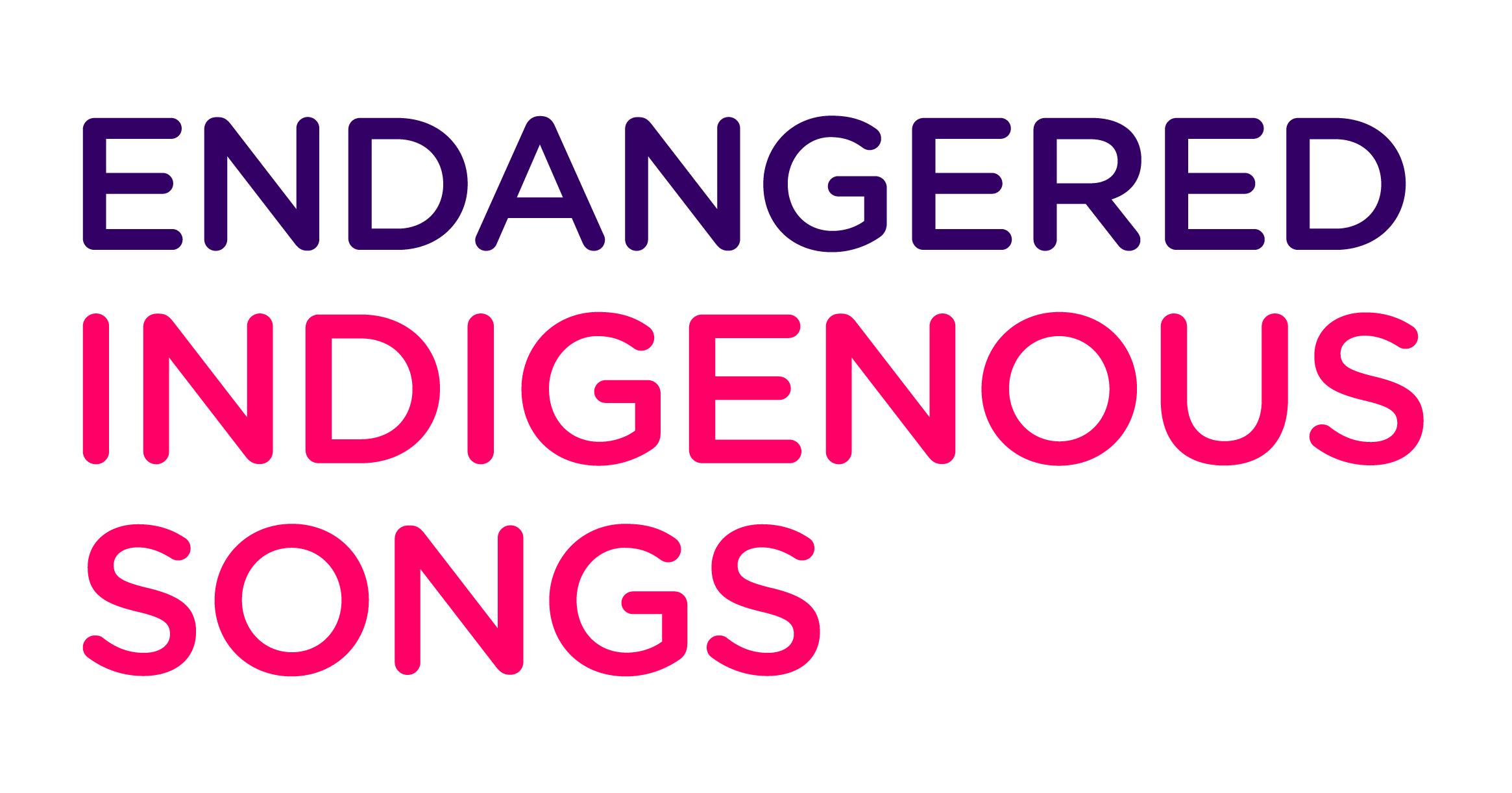Kichwa OTAVALEñO
Kotama & peguche – provincia de Imbabura, ecuador

Edison y Sisa Maldonado, Kichwa musicians / Edison y Sisa Maldonado, músicos Kichwas
This section is dedicated to the Kichwa Otavaleños peoples, it includes the communities of Kotama and Peguche, located at the province of Imbabura, Ecuador.
Esta sección está dedicada a los pueblos Kichwas Otavaleños, comprende las comunidades de Kotama y Peguche, localizados en la provincia de Imbabura en Ecuador.
Kichwas Otavaleños
Palla y el arcoiris
This instrument is called a palla. The Taytas (ancient fathers) made it with a special meaning. Notice how it has seven pipes? Nowadays it can be made with eight, nine, ten or more—but in the old days it was just seven. Why? Because the seven pipes represent the colours of the rainbow, which are seven, and they also represent the feathers of the condor. The condor has seven feathers on each wing, you see, with which to steer its flight. When the condor has all seven on each side it flies well, because its wings keep it steady. But if any feather were to be lost, its flight would not be balanced.
The Taytas played this instrument to give thanks to the corn, to the water… and to play war songs.
Carolina Bautista
Rama y el sentido de la comunidad
This is one of the songs that we have learned, the rhythm is a “parado” rhythm, as we call it. The song is called Rama, which means ‘to collaborate’. My dad taught me that in the Andean world, this is music to ask for collaboration.
At Inti Raymi, the biggest party we celebrate, musicians dance and play from house to house, we also go to public places so that people can see that we, indigenous peoples, are here. It is like a demonstration to say: ‘this is our blood, this is our music and our joy’. We stop to rest onla one time. Thus, in those festivals we play this song, there is a moment when we tapping with our the right foot, then, everyone is dancing with one foot and following only one rhythm; in this moment the people collaborate, they share food, money… it is a time to ask for collaboration.
In addition to that, in the indigenous world we always try to do Ranty ranty: ‘I give you, you give me’. Before the existence of the currency, we exchanged: ‘I give you corn, you give me wheat, I give you music, you give me this’. Thus, we also try to recover and show those actions thorugh our celebratios, and we do it with the music … so this is a very interesting song, and well … that is Rama.
Kichwa Otavaleño (Peguche)
Karu Ilaktaman
Karu Ilaktaman
Kichwa Song
Achimamita
Canción de boda
Karu Ilaktaman (arpa)
Achimamita (Arpa)
Canción de boda (arpa)

Carolina Bautista

Alí Lerma












